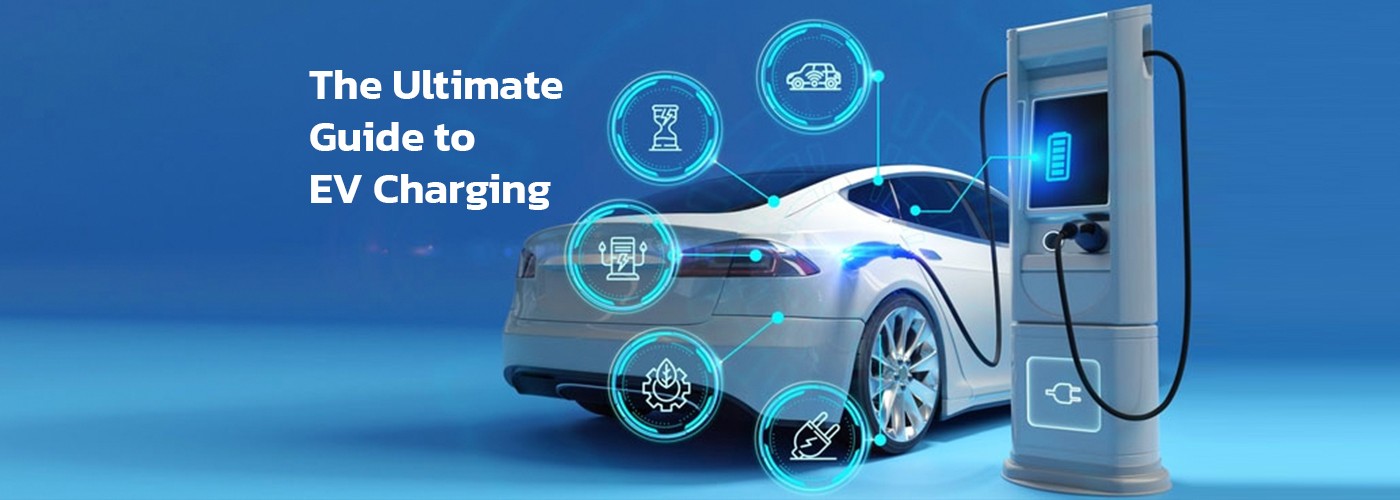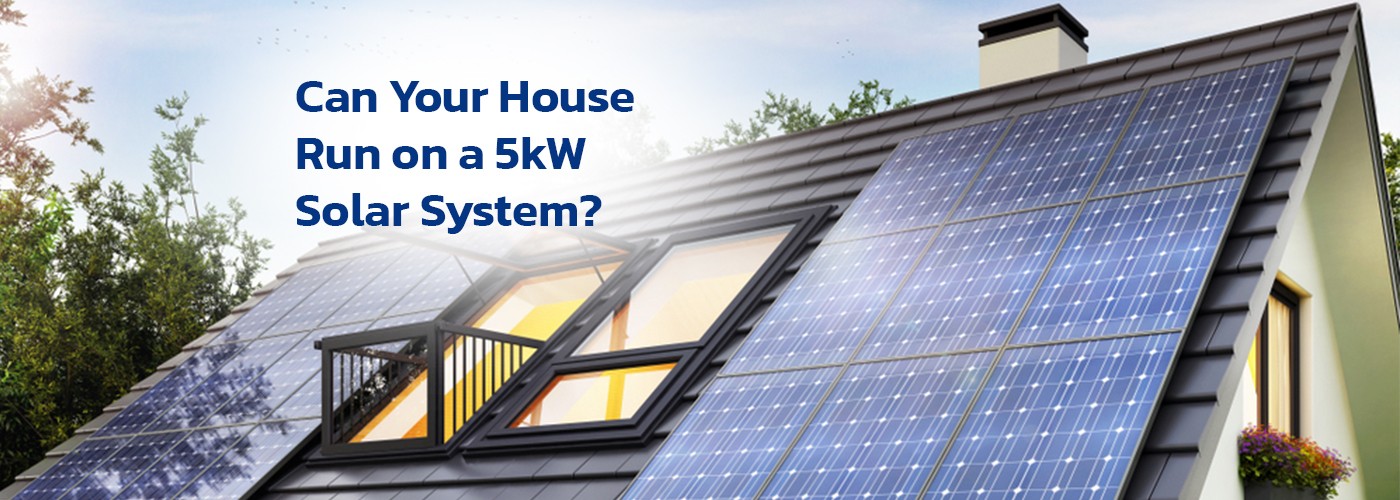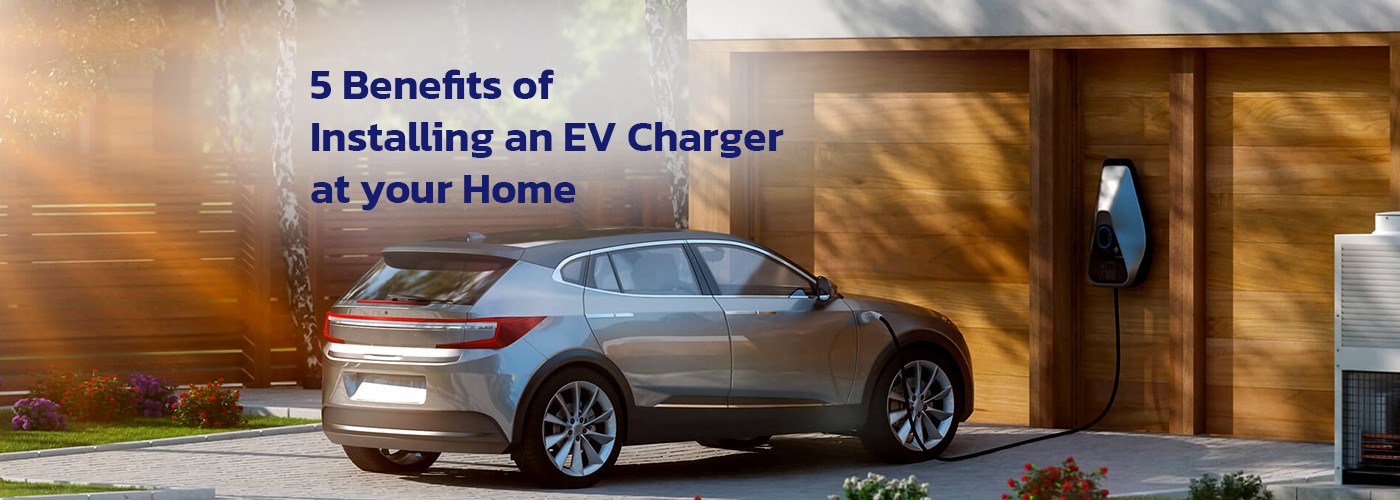The Ultimate Guide to EV Charging

The demand for a robust charging network infrastructure has never been greater as the world transitions to electric transportation. In general, your new car will charge more quickly and with more power output the higher the level. However, the length of time it takes to fully charge a car depends on a number of factors, including the type of battery it has, its charging capacity, and the power output of the charging station.
In effect, going for an electric car and gauging its charging parameters are both contingent upon one another. But because it functions a little differently from how we’re all used to, it can be very perplexing, especially since you have to learn a lot of new definitions.
In this blog, we help you get acquainted with everything you need to know about EV Charging in general:
What is EV Charging All About?
Like any chargeable item or electronic, both electric vehicles and plug-in hybrid electric vehicles need an EV charger to keep the battery charged. EV charging is the process of supplying power to the vehicle’s battery using EV charging equipment. Charging an electric vehicle involves connecting the power grid to a specific charging station.
DC versus AC current
While AC, which stands for “Alternating Current,” frequently switches directions, DC, which stands for “Direct Current,” travels in a straight path. Without becoming too scientific, AC flows out of your socket at home and at work since it can be carried over longer distances more effectively. Batteries can only generally store DC power, though.
You may not be aware of it, but the charger transforms the AC power it receives from the grid into DC electricity to charge the battery in your device every time you charge your phone, or similarly, any other electrical device.
Level 1
When you use a regular AC power plug to plug your EV into the socket, level 1 charging is taking place. The slowest method of charging an EV—only providing 6 to 8 kilometers of range per hour—is using a Level 1 charger because a typical domestic outlet can only deliver a maximum of 2.3 kW (4 to 5 miles). This method is not only sluggish, but it can also be risky for your safety and the safety of your vehicle because there is no connection between the power outlet and the vehicle.
Level 2
Any normal AC charging station that is fixed to a wall, perched on a pole, or otherwise protrudes from the ground is considered a Level 2 charger. Level 2 charging stations are frequently found in residential, public parking, business, and commercial areas and typically deliver between 3.4 kW and 22 kW. As compared to Level 1 charging, this is much faster. Many EV drivers invest in an AC charging station for their homes for this reason, along with a variety of clever capabilities, smart connectivity possibilities, and a variety of safety features that Level 2 chargers have to offer.
Whether or not there is a conversion process determines how AC and DC charging differ. However, the battery in the automobile is always charged with DC regardless of how you charge it. Direct current can enter the battery directly when using a DC charger, but it must first be converted to DC when using an AC charger. Because the integrated charger can only handle so much juice at once, this process will always take longer.
Major Real-World Use Cases of EV Charging Application
Residential Charging
In comparison to other places to charge, charging at home is the most common. Not surprisingly, given charging at home gives electric car owners the convenience of waking up to a fully charged car every day and ensuring they pay only for the electricity they actually use when compared to the cost of electricity for their home.
Workplace Charging
It sounds quite handy to drive to work, concentrate on your work during normal business hours, and then drive home once the day is through. Therefore, an increasing number of offices are beginning to install EV charging stations as part of sustainability initiatives, employee engagement plans, and to appease their EV-driving visitors and partners.
Public Charging
Owing to the fact that municipal authorities and governments are putting so much financial focus on strengthening their EV charging infrastructure, more public charging stations are appearing every day. Today, more and more EV drivers happily use them, and there are already 7.5 EVs for every public charging station, which is fantastic. But as EV sales increase, more public charging stations will become available in our cities.
Charging Points at Fuel Station
It sounds wonderful to charge at home or at work, but what if you need a quick top-up while travelling? Fast charging, sometimes referred to as level 2 or DC charging, is now being offered by a growing number of gas stations and convenience stores. Additionally, while charging at home or at work is convenient because it allows you to multitask, it can take hours for the battery to fully recharge. Fast charging facilities, on the other hand, allow you to recharge your battery much more quickly and be back on the road much more quickly.
Retail Charging
Imagine the ease of leaving your car with more charge than you left it while you watch a movie, have supper, meet a friend for coffee, or even go grocery shopping. As the demand for this service increases, more and more retail locations are installing charging stations to accommodate the demand and attract new consumers.
Conclusion
We hope that has cleared up any ambiguity you may have had concerning these vehicles, even if installing an electric vehicle (EV) charger is undoubtedly more difficult than installing a fuel pump in your automobile. When it comes to assisting drivers in making the changeover to electric vehicles.




